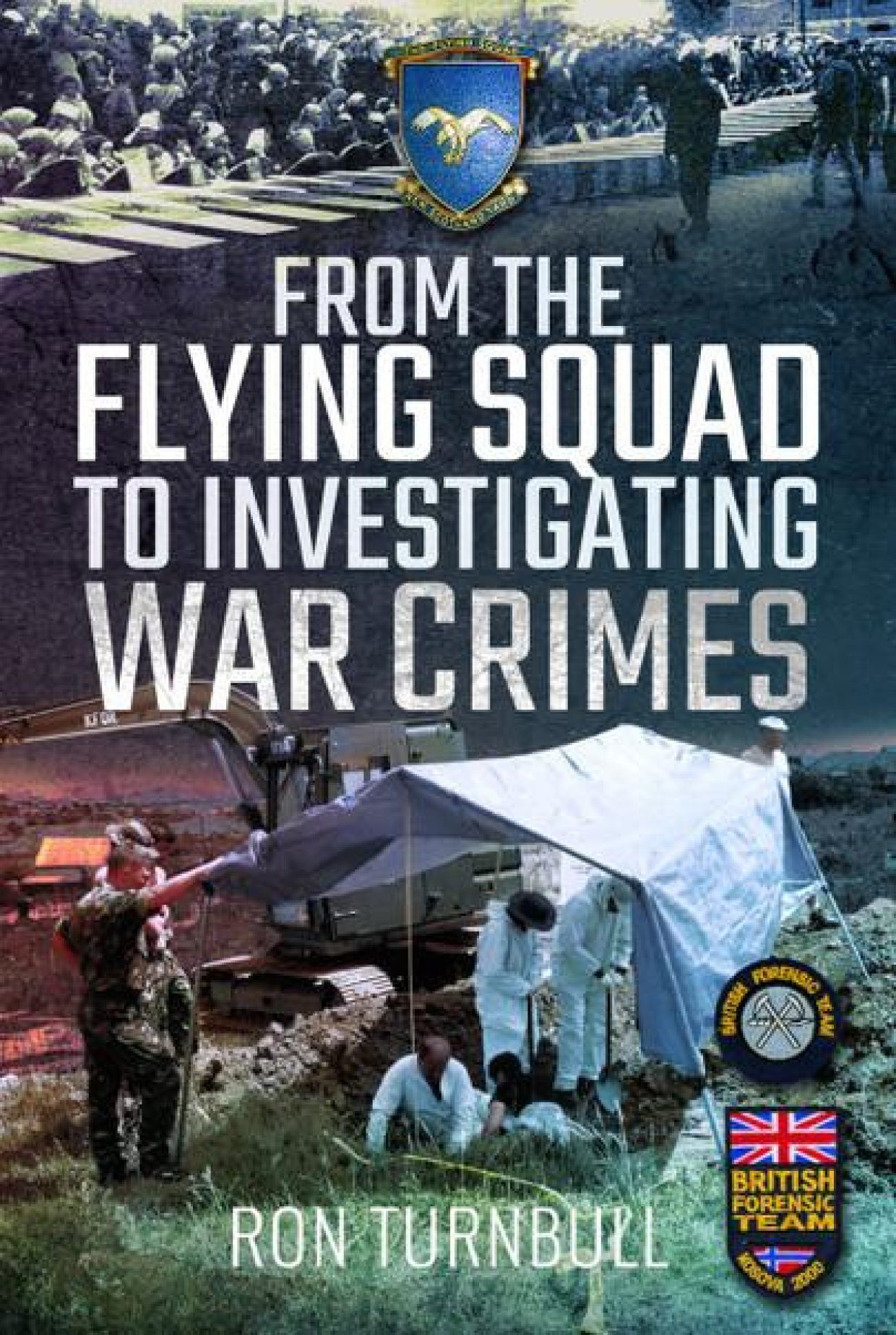When war crimes occur, the pursuit of justice seems straightforward—hold the perpetrators accountable and provide closure for victims. However, the reality is often far more complex. Behind every investigation lies a web of political interests, power struggles, and international dynamics that can shape the course of justice. In this article, we’ll explore the intricate politics behind war crimes investigations, shedding light on how legal processes intersect with diplomacy, national agendas, and global relations. Whether you’re a casual observer or someone keen on understanding international law, this blog aims to provide a clear and thoughtful explanation of the forces at play behind the scenes.
Table of Contents
- The Influence of Political Interests on the Pursuit of Justice
- Understanding How International Relations Shape War Crimes Investigations
- Challenges Faced by Investigators in Politically Charged Environments
- Strategies for Ensuring Impartiality and Accountability in War Crimes Probes
- In Retrospect
The Influence of Political Interests on the Pursuit of Justice
Political interests often play a pivotal role in shaping how justice is pursued in cases of war crimes. Governments and influential stakeholders may prioritize geopolitical alliances, national security concerns, or public image over impartial truth-seeking. This entanglement means that certain investigations receive robust support and resources, while others languish in neglect. Consequently, the ideal of blind justice becomes compromised, creating a landscape where the enforcement of international law can appear selective or biased.
Several factors often influence this dynamic, including:
- Diplomatic Relations: Nations may avoid pursuing allegations against strategic allies to preserve partnerships.
- Media Influence: The intensity of media coverage can sway political will, amplifying or muting calls for accountability.
- Domestic Political Pressure: Leaders may resist investigations that could destabilize their political base or reveal uncomfortable truths.
- Resource Allocation: Political prioritization determines which cases receive funding, expert attention, and legal backing.
Understanding How International Relations Shape War Crimes Investigations
The landscape of war crimes investigations is deeply influenced by the intricate web of international politics. Nations often weigh their diplomatic relationships and geopolitical interests before supporting or opposing investigative efforts. This dynamic means that decisions surrounding accountability can be swayed by alliances, power balances, and strategic interests rather than purely legal or humanitarian considerations. Crucially, the involvement of global institutions like the International Criminal Court (ICC) is often shaped by the political will of powerful states, which may grant them either the leverage to pursue justice or the tools to obstruct it.
Several factors come into play that affect the course and outcome of these investigations:
- State Sovereignty and the reluctance of some governments to allow external scrutiny.
- Political Alliances that can protect perpetrators or shield certain countries from accountability.
- International Pressure in the form of sanctions, diplomatic negotiations, or public condemnation shaping the momentum of cases.
- Resource Allocation which depends on international consensus and funding commitments.
Recognizing these underlying political forces is essential to understanding the hurdles and breakthroughs within war crimes investigations, highlighting that justice is as much about diplomacy as it is about law.
Challenges Faced by Investigators in Politically Charged Environments
Investigators operating in politically charged environments often find themselves navigating a labyrinth of obstacles that complicate the pursuit of justice. Their work is frequently hindered by political interference, where powerful actors exert pressure to influence outcomes or derail investigations entirely. Access to evidence can be restricted, witnesses intimidated, and impartiality threatened by vested interests, making it difficult to piece together an accurate picture of events. Moreover, investigators must contend with limited resources and security risks, as volatile conditions can undermine both the safety of personnel and the integrity of evidence collection.
The complexity deepens with the challenge of maintaining trust among diverse stakeholders. Governments, international bodies, and local communities may hold conflicting expectations or agendas, which can stifle cooperation and create a hostile environment for investigators. In response, teams must deploy nuanced strategies such as:
- Building discreet alliances across political divides to foster cooperation.
- Employing culturally sensitive communication tactics to engage affected populations.
- Leveraging technology for remote evidence gathering when access is physically blocked.
Only through such adaptive measures can investigators aspire to uphold transparency and fairness, even when political winds shift unpredictably around them.
Strategies for Ensuring Impartiality and Accountability in War Crimes Probes
Ensuring fairness and accountability in war crimes investigations demands a multi-faceted approach that blends transparency with robust oversight. Independent international bodies play a crucial role by offering neutral platforms free from national political pressures. Moreover, the involvement of diverse investigative teams comprising members from different ethnic, cultural, and professional backgrounds helps to minimize inherent biases. Legal frameworks must also be clear and consistent, preventing arbitrary interpretations that could sway outcomes. Importantly, the principles of due process and the rights of the accused should never be compromised, thereby upholding justice in its truest form.
Practical measures must extend beyond institutional design to include active mechanisms fostering accountability. This can be achieved through:
- Regular public updates on investigation progress to reinforce transparency;
- Third-party audits and peer reviews of procedural adherence;
- Whistleblower protection policies that encourage insiders to report misconduct without fear;
- Engagement with civil society and victim advocacy groups to ensure the investigation remains grounded in human rights and affected communities’ realities.
By implementing such strategies, the credibility and legitimacy of war crimes probes are fortified, ensuring they transcend political manipulation and deliver genuine justice.
In Retrospect
As we’ve seen, the politics behind war crimes investigations add layers of complexity that go far beyond the legal proceedings themselves. Understanding these dynamics is crucial—not only for grasping why some cases move forward while others stall but also for appreciating the broader quest for justice in conflict zones. While it’s easy to feel overwhelmed by the intricate web of interests at play, staying informed and engaged helps ensure that calls for accountability don’t disappear into the shadows of political maneuvering. Thanks for joining me in unpacking this important topic—let’s keep the conversation going.













